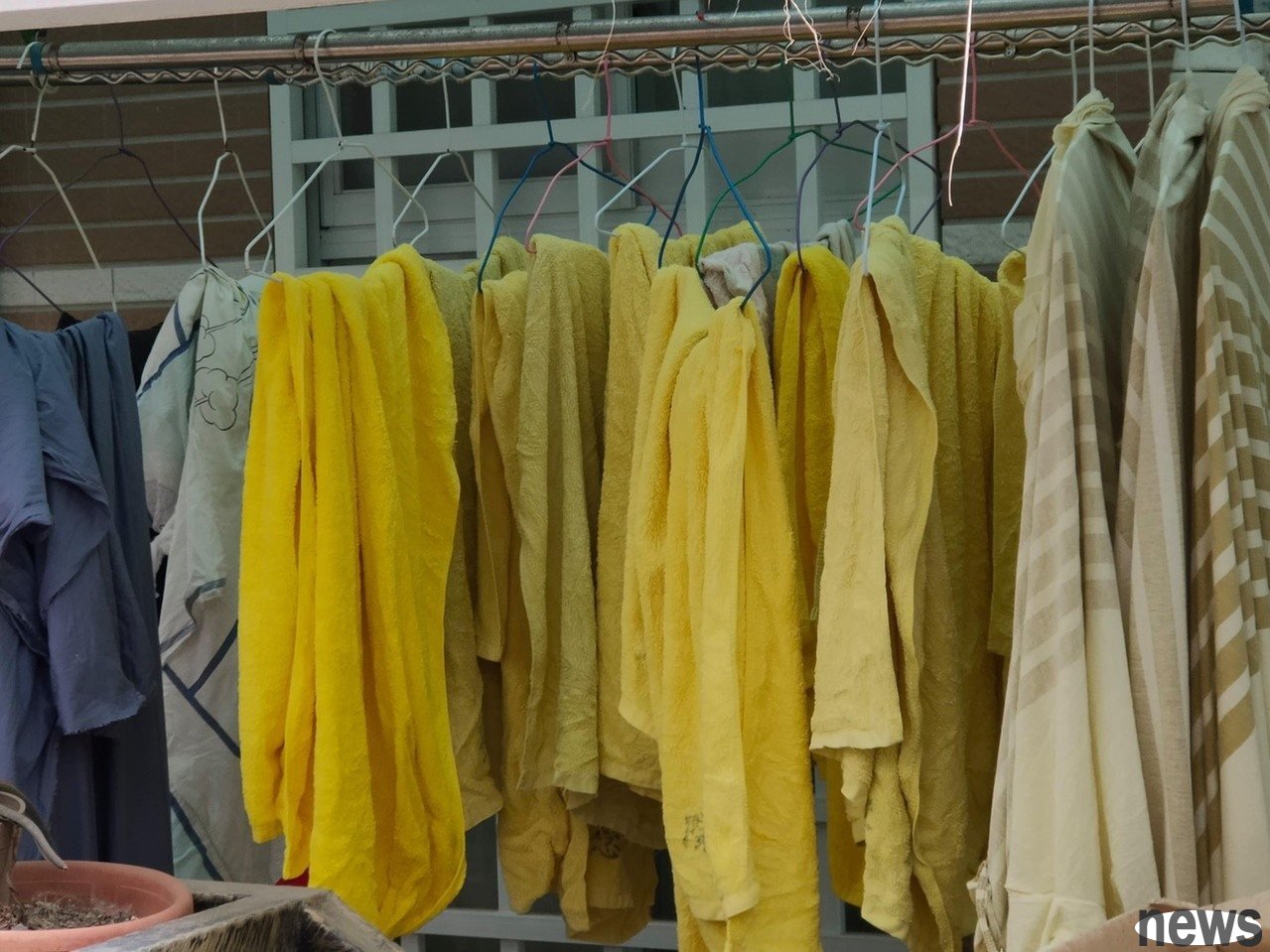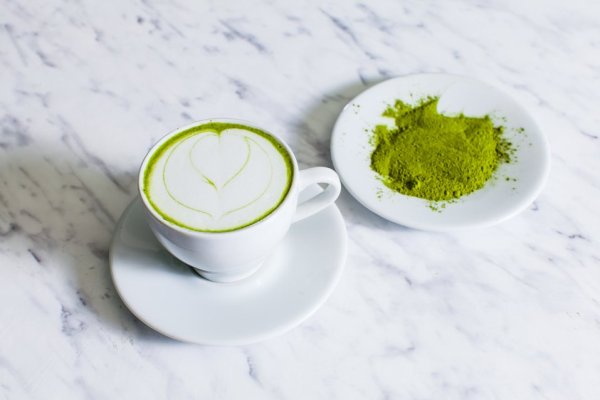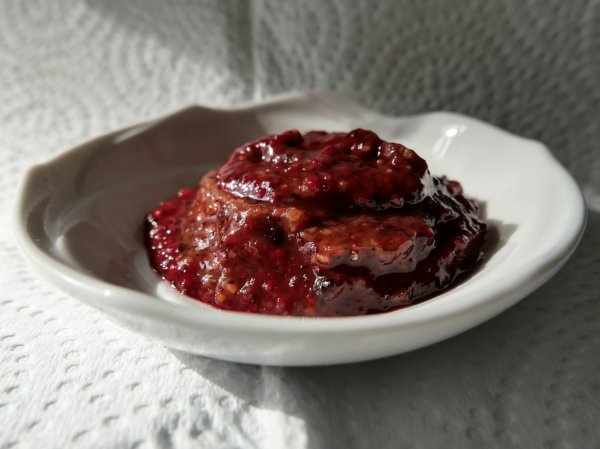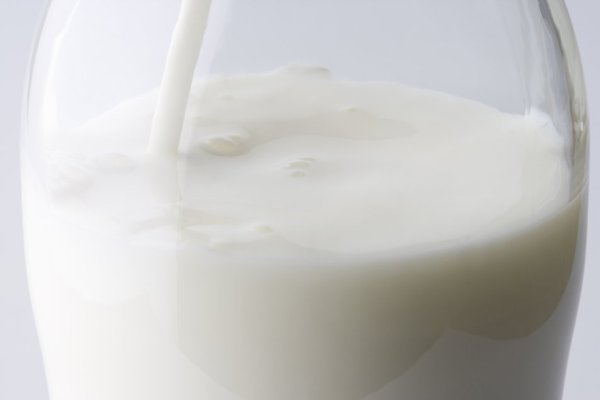If the towel still smells bad after drying, is it because it has not been washed? 3 Key Habits to Prevent "Odor Return"

Many people have this problem. The towels they have just washed emit a damp smell after drying. In fact, the problem is not "not clean", but "drying too slowly". Japan's cleaning and laundry expert Naomi pointed out that as long as you master the key to drying time and environmental management, you can keep your towels soft and fresh for a long time.
In the morning, I picked up the seemingly dry towel, but I smelled a faint odor. This would happen in winter even if it is not the rainy season. If there is still no improvement after changing the laundry detergent, the focus should be on "drying speed".
{9 99}The thicker and denser the towel is, the easier it is for moisture to remain inside, providing a breeding ground for bacteria to breed. Especially in indoor drying or humid bathrooms, even if the surface is dry, the inner layer may still be stuffy with moisture. In addition, if the clothes are left to dry after washing, the high humidity environment in the washing tank will promote the activation of bacteria, further causing odor.
Mechanism and temperature conditions of bacterial growthWhen moisture and sebum remain, bacteria will multiply again during the drying process. In particular, the normal temperature range of 20 to 40 degrees is the most active range for odor-causing bacteria. The "biofilm" attached to the laundry tank or drain pipe can become a breeding ground for bacteria, which is repeatedly transferred to towels.
Experts point out that "most of the reasons for the resurgence of odors come from the laundry tank environment not being thoroughly cleaned." Even if the surface is clean, detergent residue and sebum film remain on the back of the laundry tank. As long as the humidity and temperature are appropriate, bacteria will multiply rapidly.
Even if you use sink cleaner, if the sticky and slippery layer is not completely removed, the odor will still return. It is recommended to perform regular deep cleaning every 1 to 2 months to effectively inhibit odor-causing bacteria.
Towel material, drying method and storage also affect the odorTo prevent the resurgence of odor, you must not only "wash", but also pay attention to "drying". Thick or high-pile towels are more difficult to dry. It is recommended to dry them in a well-ventilated place and turn them over timely to ensure that the inner and outer layers are evenly dried. Drying immediately after washing can shorten the wet time for bacteria to multiply.
Storage after drying is equally important. If towels are sealed and stored before they are completely dry, residual moisture will accumulate in the enclosed space, causing bacteria to reactivate again. Rather than relying on fragrances or deodorizing sprays, it is better to "dry" thoroughly and "keep the air ventilated". This is the fundamental way to prevent odor.
Three key habits to prevent the resurgence of odors・Carry out deep cleaning of the laundry tank every 1 to 2 months
・Use warm water of about 40 degrees for cleaning, or use oxygen bleach
・Dry immediately after dehydration, and ensure ventilation to speed up drying
As long as you use the small action of "ventilate immediately" after washing, you can greatly reduce the bacterial reproduction rate. Use an exhaust fan or circulation fan to speed up drying time and the incidence of odor will be significantly reduced.
Change of thinking from "washing" to "environmental management"If you only pursue "how to wash cleaner", you often cannot completely solve the problem. The real key is the drying environment after washing. As long as you change a few small habits, your towel will not only become softer and cleaner, but it will also retain that "refreshing fragrance just after sunbathing" for a long time.














